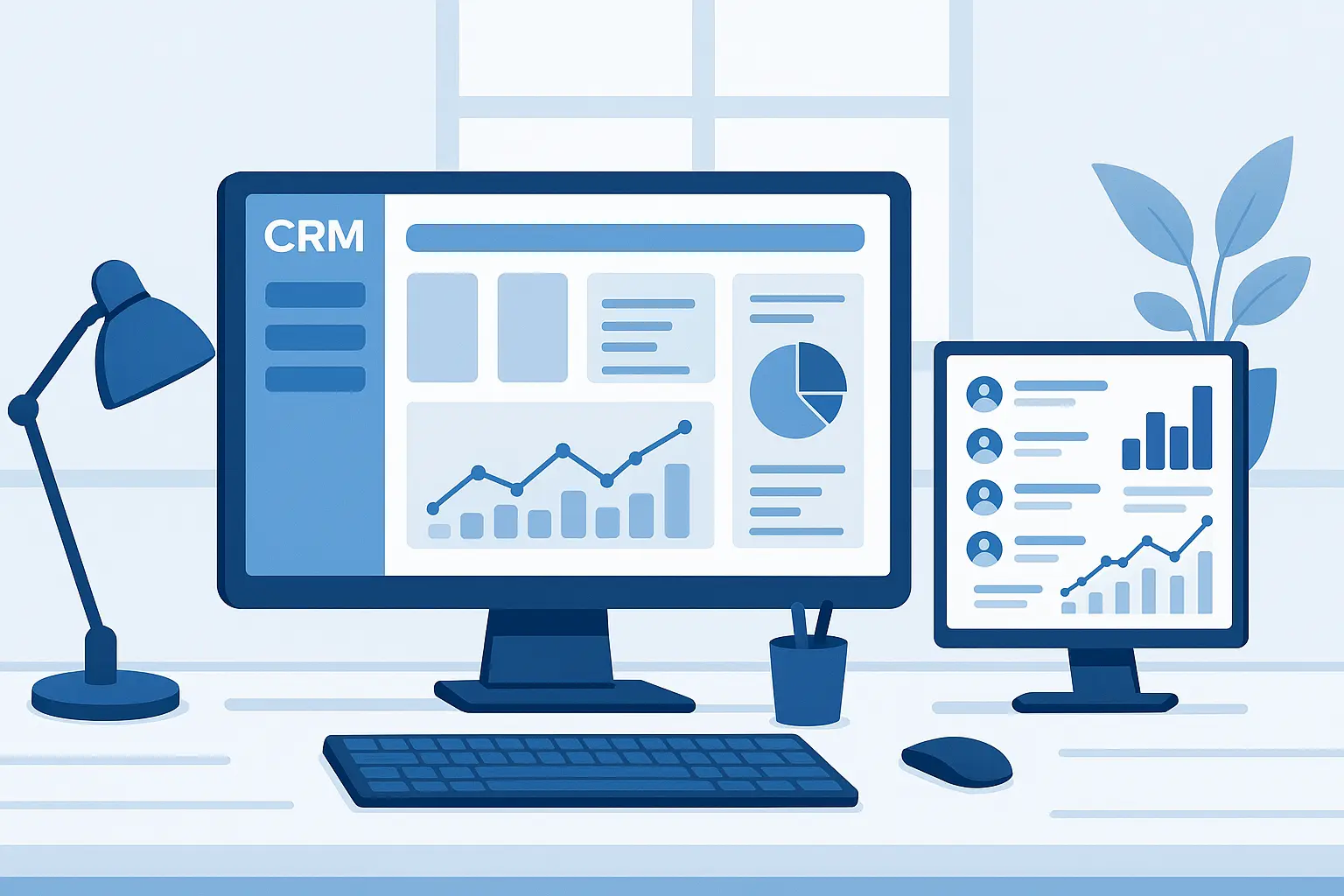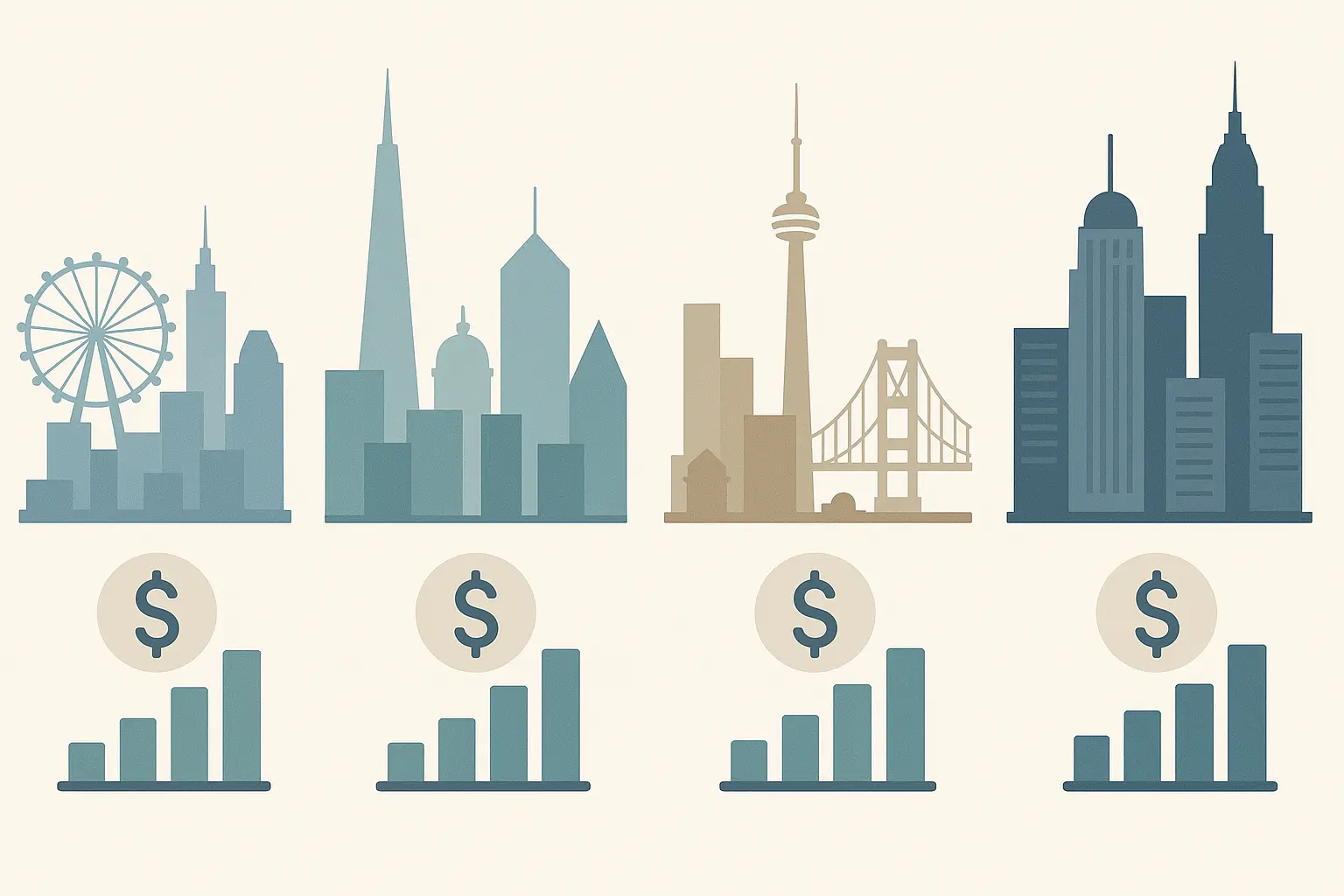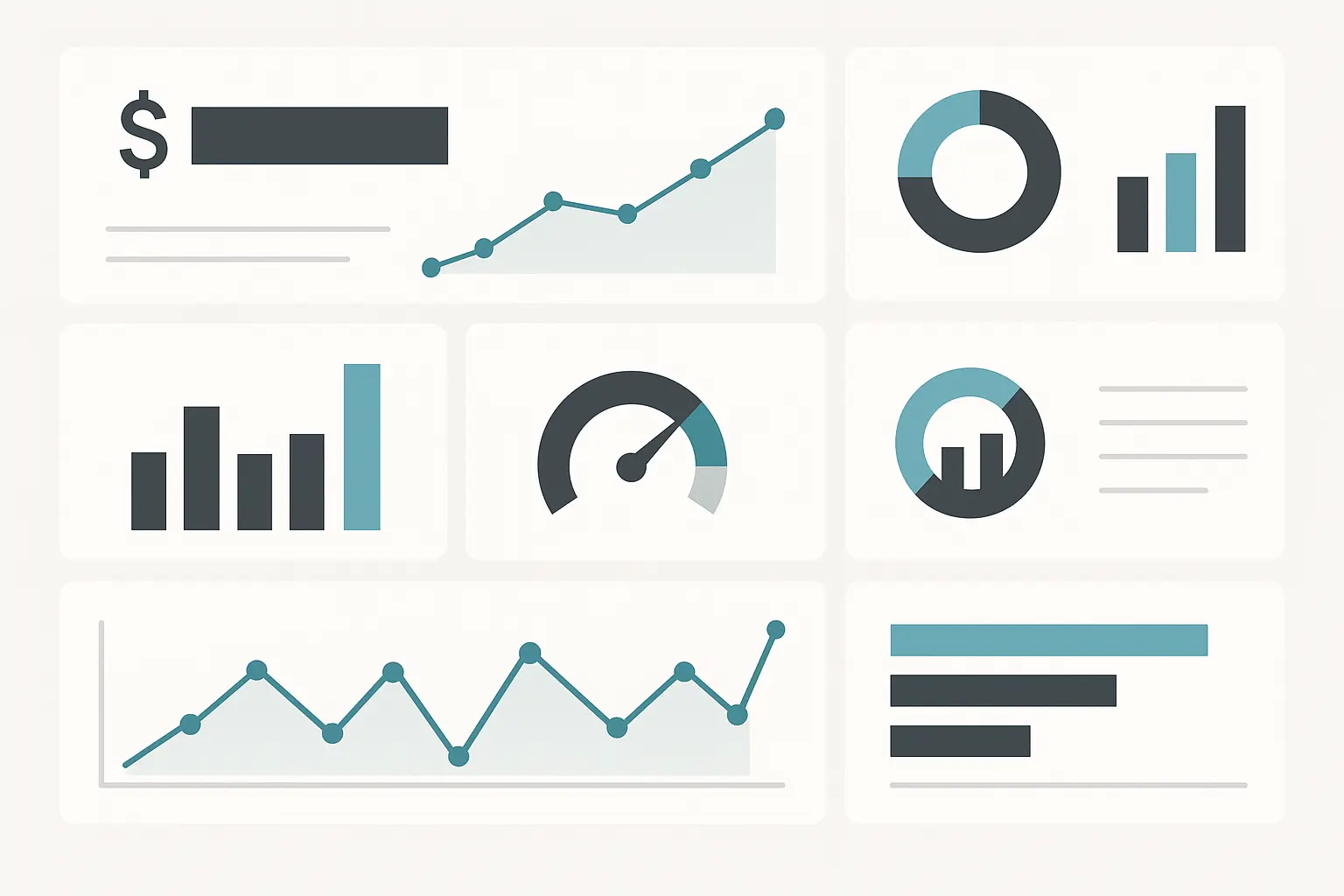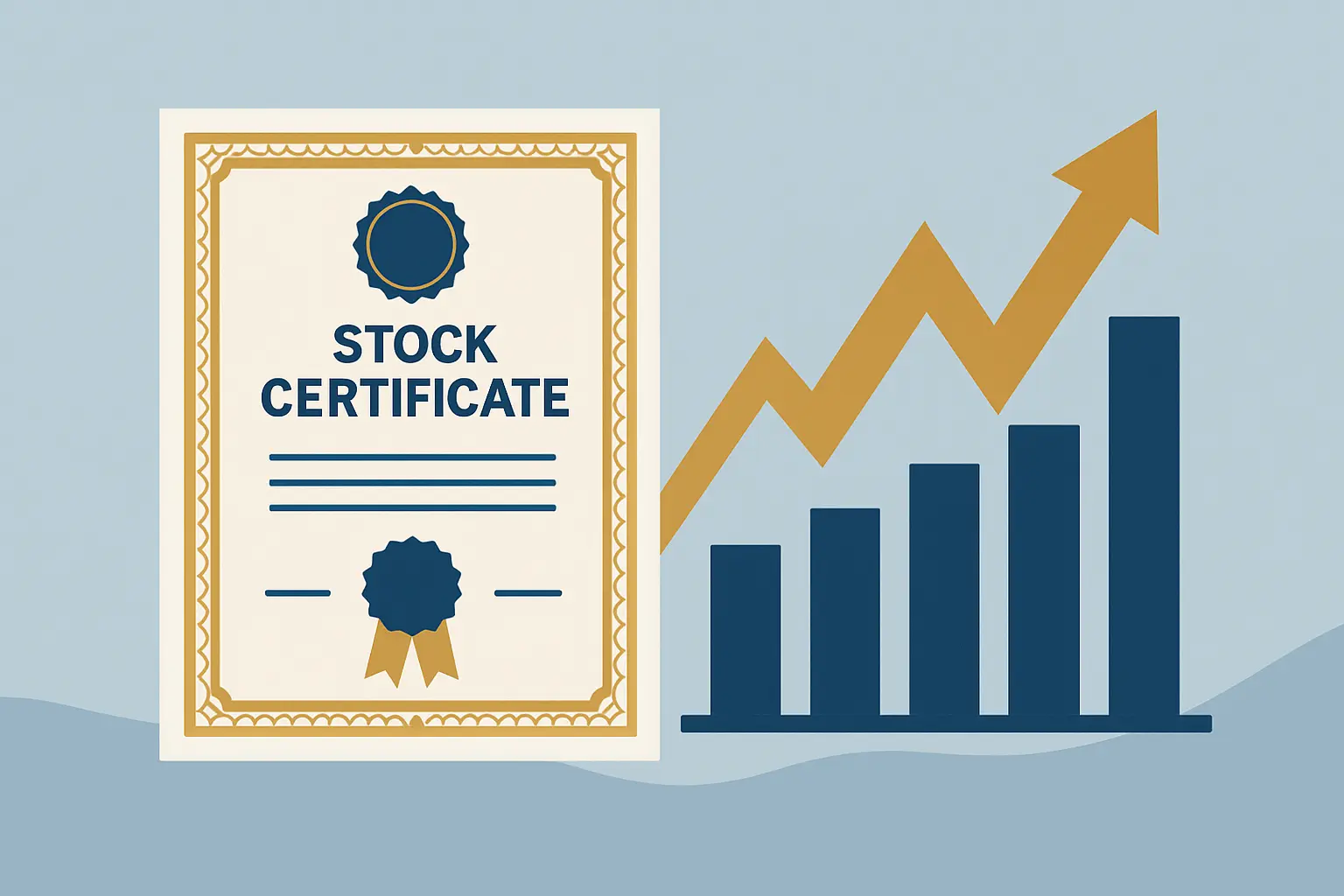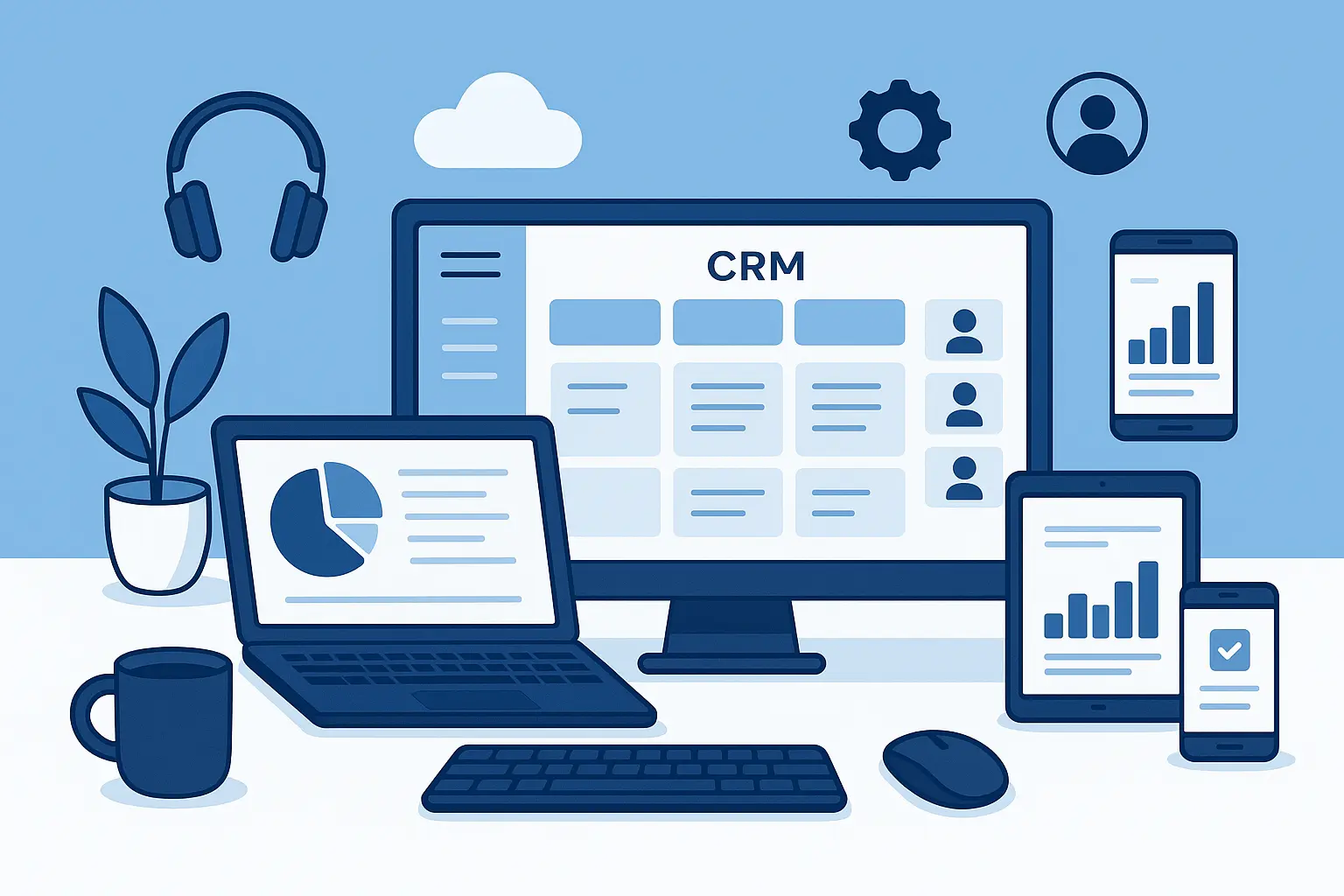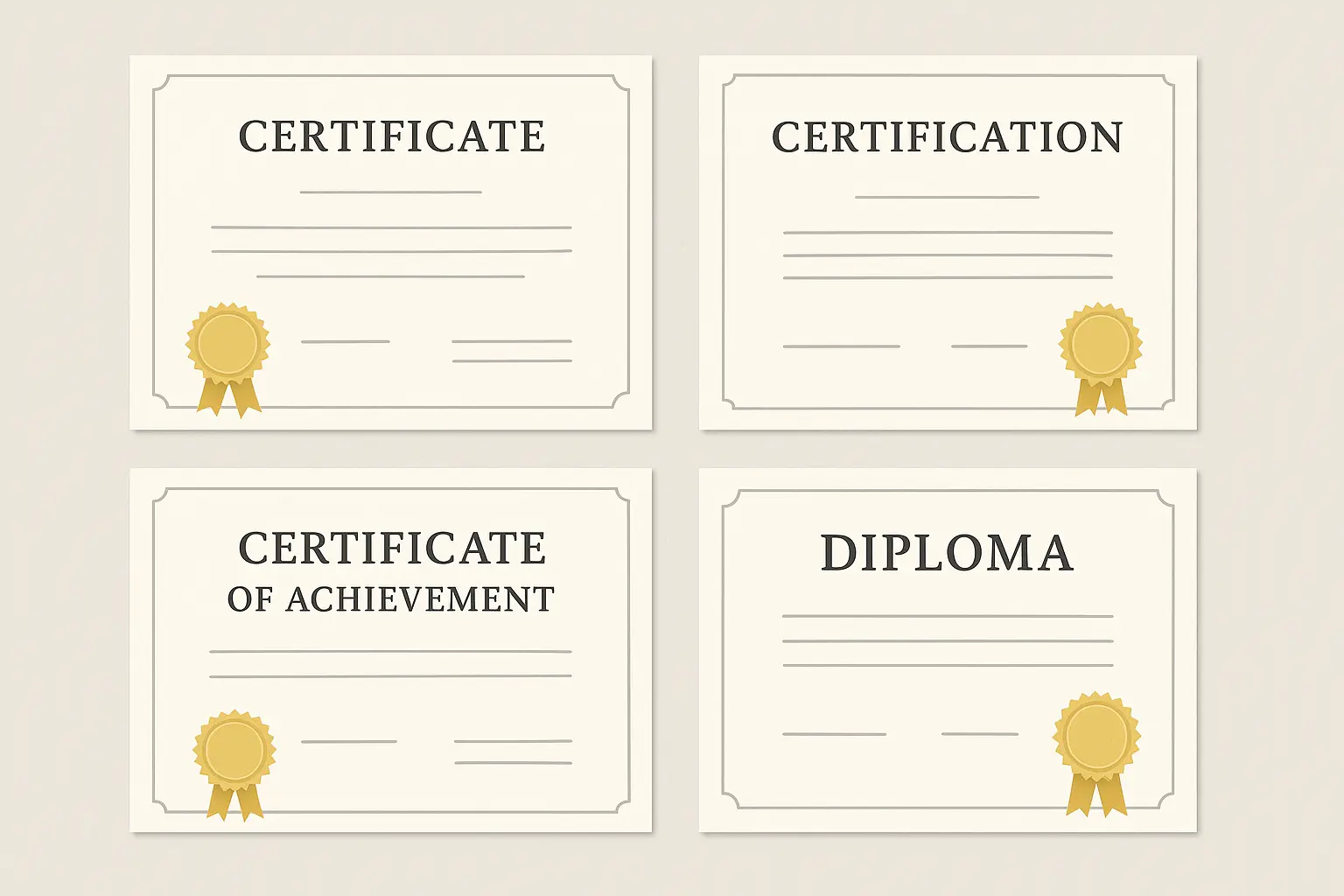I’ll be honest – I went down a rabbit hole researching relationship manager salary data, and what I found blew my mind. These aren’t your typical corporate jobs with predictable paychecks. We’re talking about roles where your people skills literally translate to serious money.
The biggest shocker? It’s not just about the base salary anymore. The real money comes from bonuses, equity, and benefits that can almost double what you see on paper. According to PayScale’s comprehensive salary data, entry-level relationship managers with less than 1 year of experience earn an average total compensation of $51,924 based on 74 salaries, while early career professionals with 1-4 years of experience see their earnings jump to $64,478 based on 384 salaries.
The Bottom Line:
-
New grads: $45K-$65K (but it climbs fast)
-
Banking still pays best, but tech is catching up with stock options
-
Location is everything – big cities pay 40% more
-
Your bonus can be worth 20-40% of your relationship manager salary
-
Master both relationship skills AND tech tools to really cash in
Table of Contents
-
Where the Money Actually Lives
-
Experience Levels: The Salary Ladder
-
Beyond Base Salary: The Real Money
-
Future-Proofing Your Paycheck
Where the Money Actually Lives
Let me break down what’s really happening out there. Banking still rules the salary game, but tech companies are throwing around equity packages that make your head spin. Healthcare offers stability, while insurance gives steady growth.
Here’s what caught my attention: the traditional “who pays most” hierarchy is shifting. Tech companies aren’t just matching banking salaries – they’re beating them with creative compensation packages. The demand for relationship managers continues to evolve globally, as highlighted in “Hong Kong Salary Guide 2025” by Human Resources Online, which notes that “branch relationship managers maintained demand despite challenges in wholesale banking” and that customer segment roles are growing with wealth management initiatives.
Understanding proper education credentials on your resume becomes essential when pursuing these competitive relationship manager salary opportunities. The competition is fierce, but the rewards make it worthwhile.
Industry Breakdown: Who’s Actually Paying Top Dollar
|
Industry |
Base Salary |
Bonus Range |
Total Package |
What Makes It Special |
|---|---|---|---|---|
|
Investment Banking |
$75K-$120K |
30-50% |
$100K-$180K |
Highest bonuses, equity |
|
Commercial Banking |
$65K-$95K |
20-30% |
$80K-$125K |
Rock-solid stability |
|
Technology |
$70K-$110K |
25-40% + stock |
$90K-$200K+ |
Equity upside potential |
|
Healthcare |
$60K-$85K |
15-25% |
$70K-$110K |
Best benefits package |
|
Insurance |
$55K-$80K |
20-35% |
$70K-$110K |
Predictable growth |
Banking’s Still King
Traditional banks set the gold standard – $65K-$120K base before bonuses. Performance bonuses bump total comp by 30-50%, so you could hit $150K+ by crushing your targets. The pressure’s real, but so is the payoff.
Data from Franklin University’s career guide reveals that there were about 321,457 positions for commercial relationship managers in the United States in 2023, with a national median salary of $69,992 and the highest earners making about $139,464 annually.
Consider Sarah, a commercial relationship manager at a regional bank in Chicago. She started with a $75,000 base salary and earned a $22,500 performance bonus (30% of base) by exceeding her client acquisition targets by 15%. Her total first-year compensation reached $97,500, plus comprehensive benefits worth approximately $18,000.
Tech Companies Are Getting Aggressive
They’re not just matching banking salaries anymore – they’re beating them with creative packages. Base might start lower, but when you factor in stock options and rapid company growth, the long-term potential is massive. The technology sector’s focus on customer relationship management continues to drive demand, as noted in “Top 5 Highest-Paying Salesforce Jobs” by Vocal Media, which highlights how “more companies are turning to Salesforce CRM platform as companies strive to streamline customer interactions, so more qualified Salesforce professionals are in demand than ever.”
Healthcare: Steady Money, Solid Benefits
Healthcare relationship managers see base salaries 10-15% lower than finance, but the trade-off is stability and killer benefits. It’s recession-proof money with predictable growth patterns that many professionals find appealing for long-term career planning.
Location Makes or Breaks You
The salary differences between major cities and smaller markets are staggering – we’re talking luxury car payment differences. But here’s the kicker: remote work is starting to blur these lines in unexpected ways.
Major Metro Breakdown:
|
City |
Base Salary Range |
Cost Adjustment |
Real Buying Power |
|---|---|---|---|
|
NYC |
$95K-$140K |
+28% living costs |
$74K-$109K equivalent |
|
San Francisco |
$100K-$145K |
+35% living costs |
$74K-$107K equivalent |
|
Boston |
$85K-$125K |
+18% living costs |
$72K-$106K equivalent |
|
Chicago |
$75K-$110K |
+8% living costs |
$69K-$102K equivalent |
|
Dallas |
$70K-$100K |
-5% living costs |
$74K-$105K equivalent |
Remote Work Changes Everything
Some companies now offer location-adjusted salaries that bridge the gap between major metro compensation and smaller market rates. You might score big-city money while living somewhere reasonable. That’s a game-changer for work-life balance and overall financial wellness.
Experience Levels: The Salary Ladder
The relationship manager salary progression is actually pretty motivating once you see the numbers. Each experience tier comes with distinct compensation ranges that reflect your growing responsibilities and the value you bring to client relationships.
Many professionals find that getting a college degree provides the foundation needed to accelerate through these experience levels more quickly.
Starting Out (0-1 years): $45K-$65K
Your first year is about learning while earning. Entry-level packages average $55K-$70K with bonuses. The metrics are achievable – designed to build your confidence while you master the fundamentals.
Marcus landed a credit union role at $52K base with quarterly bonuses averaging $1,250. Total first-year comp: $57K with solid training setting him up for quick advancement. His performance reviews focused on relationship-building skills and product knowledge rather than aggressive sales targets.
Mid-Level (2-5 years): $75K-$95K
This is where things get interesting. Performance bonuses add $20K-$40K annually, putting you in six-figure territory by year three if you’re consistently hitting targets. The jump from newbie to experienced happens faster than you think when you focus on the right client metrics.
Senior Level (5+ years): $120K-$180K+
Managing million-dollar portfolios means base salaries of $90K-$130K. Performance bonuses are tied to portfolio growth and client satisfaction – your earning potential becomes unlimited if you’re exceptional at what you do.
According to PayScale research, the highest pay for relationship managers reaches $128,000 per year, while the lowest starts at $51,000 per year, demonstrating the significant earning potential as professionals advance in their careers. Senior professionals often benefit from showcasing their various degree types when negotiating for these premium positions.
Jennifer manages a $45M portfolio with a $115K base. Her bonuses are tied to growth (2% of new assets) and retention (5% for 95%+ retention). Last year’s total: $178K by bringing in $8M in new assets while keeping 98% of clients. Taking on team leadership responsibilities often adds another $10K-$25K annually, plus equity opportunities.
Beyond Base Salary: The Real Money
Modern relationship manager salary packages are way more complex than just base pay. Variable compensation, benefits, and long-term incentives often double what you see on paper – sometimes literally.
Understanding these components is crucial because they represent the difference between good money and life-changing money.
Performance Bonuses: Your Hustle Pays
Most positions include substantial variable compensation – 20-40% of total annual earnings tied to client acquisition, retention, and portfolio growth. This means your relationship-building skills translate directly to thousands of extra dollars.
Bonus Breakdown:
-
New client bonuses: $1K-$5K per client (up to $10K for premium accounts)
-
Retention bonuses: 5-15% of base salary for keeping clients happy
-
Growth bonuses: Additional pay for expanding existing accounts
Performance Optimization Tips:
-
Document client acquisition rates and retention metrics
-
Calculate total revenue generated or portfolio growth
-
Track cross-selling success and client satisfaction scores
-
Prepare examples of problem resolution and relationship recovery
-
Negotiate beyond base salary for equity and professional development
Benefits That Actually Matter
Health insurance, retirement contributions, professional development, equity participation – these add $15K-$30K to your total package when you calculate their real value.
Health and Wellness: Comprehensive coverage plus gym memberships, mental health support, flexible spending accounts worth $8K-$15K annually
Professional Development: $5K-$15K annually for certifications, conferences, continuing education that makes you more valuable in the marketplace
Equity Participation: Senior folks get long-term incentive plans that can become worth hundreds of thousands as companies grow and succeed
Future-Proofing Your Paycheck
The relationship manager salary landscape continues evolving with technology and changing client expectations. The highest earners master both traditional relationship skills and modern tech tools, and companies pay 15-25% premiums for these hybrid skills.
Organizations recognize that these combined capabilities directly impact client satisfaction and revenue generation, making tech-savvy relationship managers increasingly valuable.
Essential Tech Skills That Pay
CRM Platform Mastery: Salesforce, HubSpot, Microsoft Dynamics proficiency can increase earning potential significantly
Data Analytics: Excel, Tableau, basic SQL knowledge helps you interpret client data and market trends
Digital Communication: LinkedIn Sales Navigator and email automation for modern client engagement
Social Media Proficiency: Professional networking an
Social Media Proficiency: Professional networking and content creation for lead generation
Relationship managers with strong analytical skills earn $10K-$20K more than peers without these capabilities. When you can present data-driven recommendations to clients and stakeholders, your value proposition becomes much stronger.
Why This Matters
Social selling through LinkedIn has become particularly valuable. Generate leads digitally and you’ll see faster advancement and higher compensation packages. The ability to blend digital relationship building with traditional face-to-face skills sets you apart in today’s market.
Advanced Excel skills, basic SQL knowledge, and familiarity with business intelligence tools have become differentiators in salary negotiations. Companies value professionals who can provide insights that directly impact business decisions and client satisfaction.
The Bottom Line
The relationship manager salary landscape offers genuine six-figure opportunities, but success requires strategic thinking about industry, location, and skills development. The data shows clear paths to serious money for dedicated professionals who understand how to leverage both traditional relationship skills and modern digital capabilities.
Focus on continuous development, especially in technology and data analysis, while maintaining the interpersonal skills that make great relationship managers irreplaceable. The combination of human connection and technical proficiency creates the highest earners in this field.
For professionals considering career changes or advancement, understanding the cost of a college degree versus potential salary increases can help inform educational investment decisions in this field.
Performance bonuses, equity participation, and comprehensive benefits significantly amplify base salary when you excel at client relationship management. The professionals who adapt to changing technology while maintaining genuine human connections are commanding the premium salaries that make this career path genuinely rewarding.
Whether you’re just starting out or looking to advance your career, the earning potential in relationship management continues growing for those who master both the art of human connection and the science of modern business technology.



